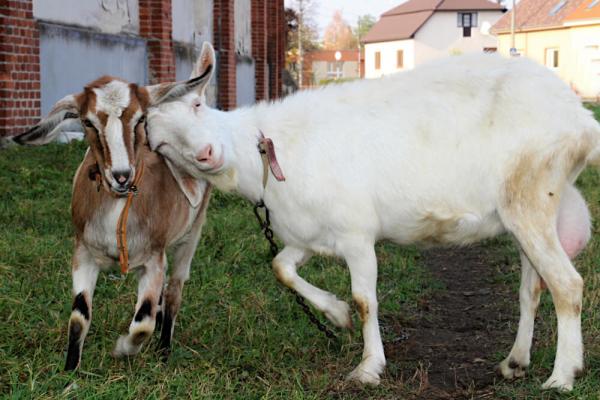Sep 21, 2021
While living on a farm in Georgia, I signed up to take care of the goats. It was the only farm chore that allowed me to sleep in. The duties were odd and specific: I had to check their butts for signs of dysentery and their eyes — which, like sheep, can see in every direction at the same time — for infection. For weeks, I fed one goat a whole head of molasses-soaked garlic every day to cure her of mastitis. But mainly, I just counted them. Which is harder to do than you might imagine.
Read the Full Article

Already a subscriber? Login
